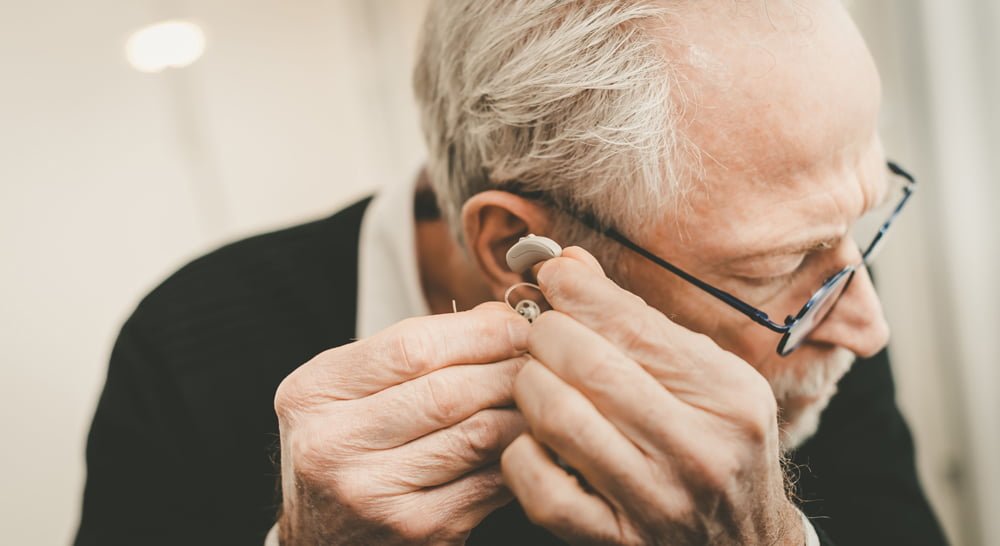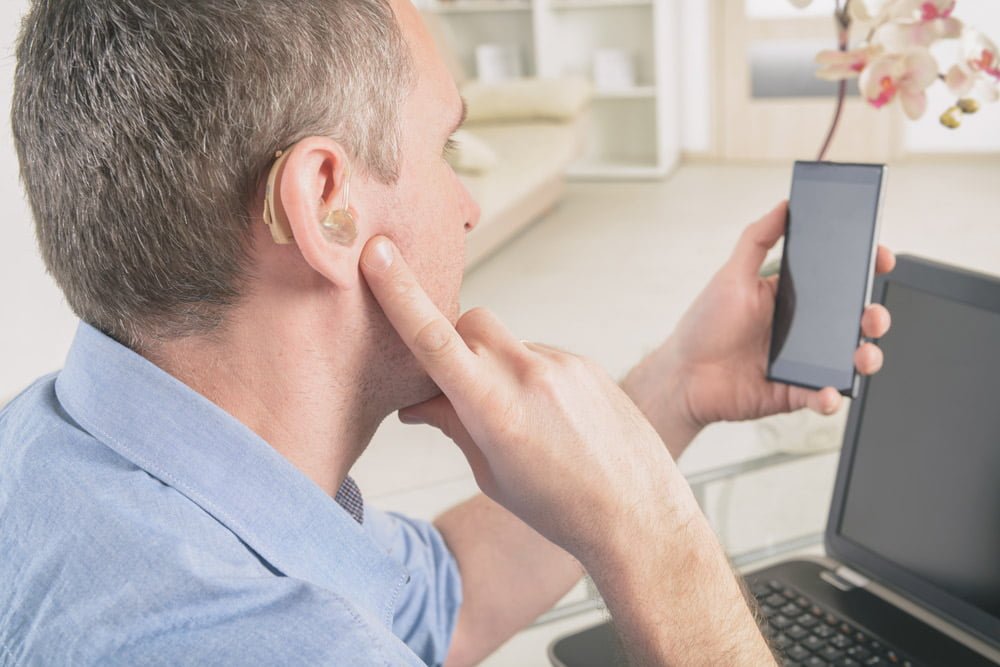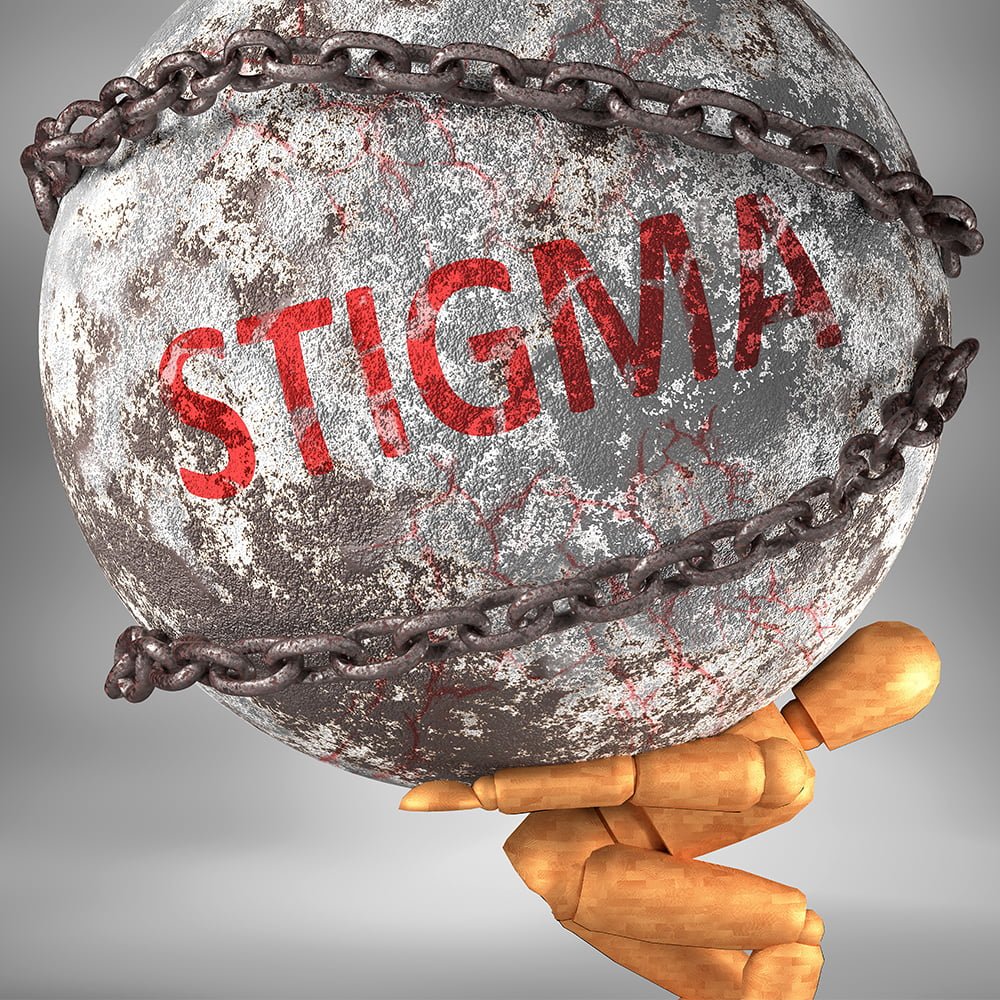Stigma against deafness continues to affect how society views hearing loss, even though it is a common and completely natural occurrence – especially as people age, with about 15% of American adults experiencing it. Unfortunately, there is still a stigma attached to hearing loss in society. It is not only perpetuated by adverts or the public, but also largely by individuals suffering from the condition themselves.
Stigma and Self-Perception
The stigma against deafness plays a complex and multifaceted role in shaping how individuals on the deafness spectrum perceive themselves.
According to a study conducted by Margaret I. Wallhagen, Ph.D., many people suffering from hearing impairment tend to fixate on the contrast between their former self and their current self. (“whole versus not whole, able versus disabled, and smart versus cognitively impaired”). This internalised stigma often leads them to avoid visiting a specialist, receiving a diagnosis, or obtaining appropriate hearing aids.
Ageism also contributes significantly to the stigma against deafness-since hearing loss is frequently associated with ageing, wearing a hearing aid can serve as an uncomfortable reminder for many that they are getting older.

How Does Stigma Against Deafness Impact Individuals?
Research has shown that hard-of-hearing individuals experience poorer mental health as compared to people with normal hearing and that there is a high possibility this is due to the social marginalization they experience.
Although concrete data regarding the current prevalence of mental health issues in Americans on the deafness spectrum is disturbingly sparse, the stigma against deafness may contribute to underreporting and lack of support. According to one study from 1996, 40,000 deaf and 2 million hard-of-hearing individuals in the United States at that time were suffering from a form of severe mental illness.

Unfortunately, as most people tend to be highly influenced by the opinions of those around them, the stigma against deafness can create a fear of marginalisation that prevents individuals from seeking medical help and adequate treatment for their hearing loss. Postponing treatment may result in the condition becoming more serious over time. In this way, the stigma against deafness affects the hearing-impaired not only psychologically, but also physically.
Battling the Stigma Against Deafness
The most important factor in battling the stigma against deafness is education. When people learn about deafness, they start realizing that treatment should be and is socially acceptable. What is more, they realize that treatment can significantly improve the lives of the impacted individuals, reduce mental health issues, and allow them to live a full, independent life.

In addition to battling the stigma in society, it is important to also address the self-stigma that people affected by deafness experience. There are rehabilitation programs available that can help with this, such as informational counselling, cognitive-behavior therapy, or self-efficacy training in the form of interacting with people suffering from the same impairment.
Seeking Help
As reported by Johns Hopkins, although almost 27 million Americans aged 50 or older suffer from hearing loss, only one in seven uses a hearing aid, so if you have been avoiding booking a hearing test for a while, you are most definitely not alone. However, the best way to fight the stigma and ensure your mental and physical well-being is to seek professional help so that you can receive an accurate diagnosis and adequate treatment as soon as possible.
Modern hearing aids are designed to be incredibly discreet and can provide you with various amazing features such as high-quality speech discrimination even with background noise present, health data tracking, connectivity to various devices, and many more.

Furthermore, there are various hearing assistive devices available that can massively improve your quality of life.
If you are ready to take a stand against stigma and focus on your well-being, why not take a look at our wonderful range of assistive listening devices? Click here to browse our shop today and discover a whole new world of products that have the power to completely transform the way in which you interact with the world!

